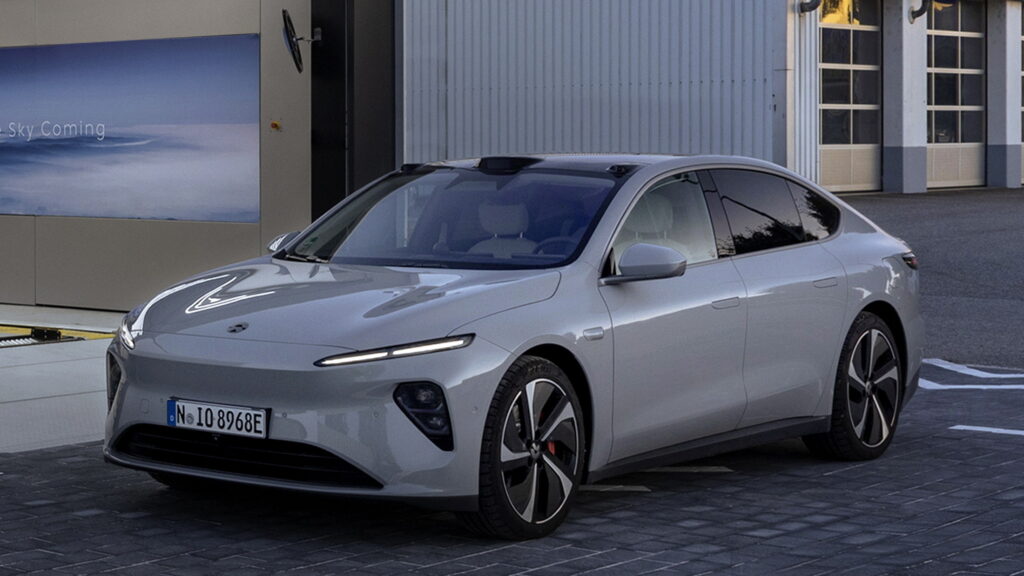Longer-lasting batteries could help EVs stay on the road longer, and could help Nio’s battery swap stations become profitable

If a pack of hot dogs has 12 wieners, why are there only eight buns in a bag? That same problem of mismatched lifespans is about to become a big problem for EVs, but Chinese automaker Nio and battery giant CATL want to solve it by developing batteries that can last as long as the vehicles they’re in.
The companies say that between 2025 and 2030 the battery packs in around 20 million electric vehicles will come out of warranty, and will be doing so long before the rest of the vehicle has stopped being useful. However, the high cost of battery replacements may lead to an early end for many of those vehicles.
The average vehicle battery warranty lasts eight years, but Nio and CATL say they want to create packs that last much longer. SCMP reports that the companies are aiming to nearly double that with a 15-year lifespan.
Read: New Korean Cold-Weather Battery Promises To End Winter Range Anxiety

And Nio has already made some progress towards that goal, saying that it has developed packs that retain 80 percent of their capacity after 12 years. It adds that it has so far obtained more than 100 patents in its quest to lengthen the lifespan of batteries, and has made progress in the development of better anodes, cathodes, and electrolytes.
Meanwhile, CATL has developed its own technology to extend battery packs’ time in the field, such as self-repairing Solid Electrolyte Interphase film and lithium supplementation. By combining their efforts, the companies say they will establish a long-term, win-win partnership.
For Nio, the benefit of longer-lasting batteries may be integral to making its battery-swap station business work. Unlike charging stations, these locations take out the battery completely and replace it with a fully charged one, getting vehicles back on the road faster and easing the burden on the electrical grid.
The automaker operates 2,382 swapping stations, but they are still losing money for the company, reports Reuters. Developing batteries that last longer could help it save some money and guide the stations towards profitability.


